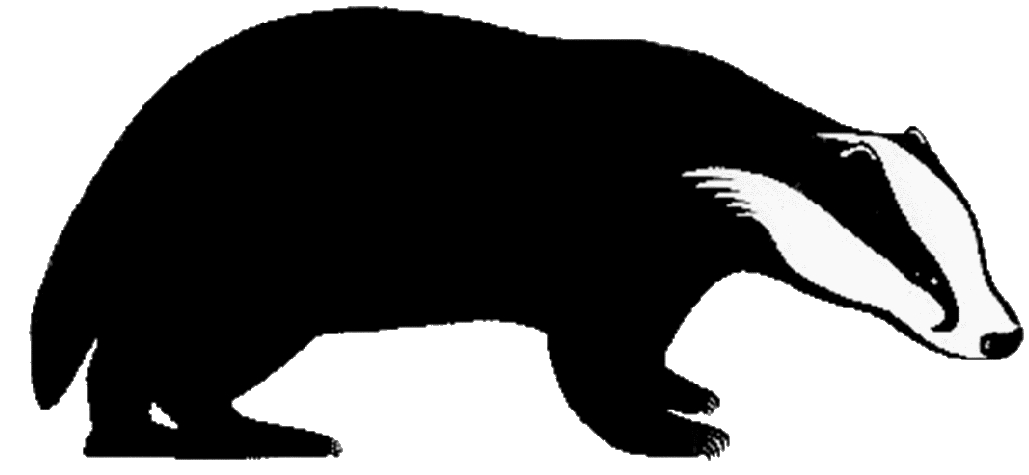Maths
“Mathematics is a creative and highly inter-connected discipline that has been developed over centuries, providing the solution to some of history’s most intriguing problems. It is essential to everyday life, critical to science, technology and engineering, and necessary for financial literacy and most forms of employment. A high-quality mathematics education therefore provides a foundation for understanding the world, the ability to reason mathematically, an appreciation of the beauty and power of mathematics, and a sense of enjoyment and curiosity about the subject.” (Mathematics National Curriculum 2014)
At Birch Hill, we aim to ensure that Maths’ work is meaningful and purposeful so that our children develop an interest and enjoyment for the subject. We want pupils to feel confident and competent when using maths to enable them to make sense of the world and to solve problems. Becoming fluent in the basic operations we believe is essential if children are to develop a conceptual understanding and an ability to recall and apply their knowledge at speed and with accuracy. To assist with this, we use White Rose small steps of learning to provide a range of fluency and reasoning activities. There is a strong emphasis on teaching arithmetic skills and the children complete arithmetic tasks regularly.
We believe that it is important to give our children the opportunities to engage in practical work using relevant concrete materials and equipment. This is essential to ensure that a thorough understanding of the Maths is understood using physical resources before moving to more abstract methods.
At Birch Hill we use a variety of different teaching methods to stimulate and engage children that is still suited to their needs. We teach subjects through topics and although Maths is taught as a stand-alone subject, we try where possible to incorporate a creative aspect by planning investigative work based on the topics being taught.
The children are given a range of formal and informal assessments. These assessments are designed to assess whether pupils have mastered the maths taught. The teacher will be assessing daily through well-structured classroom activities involving interaction and dialogue between teacher and pupil and between pupils themselves. This daily assessment alongside the more formal assessment gives the whole picture of the child’s learning.
At Birch Hill, we teach Maths in mixed ability within their class, every day. There may be additional Maths time, which is spent learning times tables and arithmetic or various intervention groups and supports different learners.
EYFS
In EYFS we understand the importance of providing practical opportunities for the children to develop and apply their maths knowledge to their own learning. Through exploration and their daily play, the children are motivated to think critically and begin to solve everyday problems through applying their learning to new experiences.
The environment (both indoor and out) is full of maths’ opportunities and has exciting things for children to explore, sort, compare, count, calculate and describe. Support is given for them to be creative, critical thinkers, problem solvers and to have a go. At Birch Hill, we encourage children, even at this early age, to use the correct mathematical language when presenting a mathematical justification, argument or proof.
Children in Early Years have the opportunity to work with number and shape, space and measure.
Key Stage 1
In KS1 we aim to build on developing mathematical confidence and mental fluency within whole numbers, counting and place value. This involves working with numerals, words and the four operations. Maths is delivered through practical activities to make lessons fun and engaging. We carry out mathematical activities both inside and outside of the classroom and where possible across the curriculum, using a range of different resources to support learning and embed a secure understanding.
Children are encouraged to use the correct mathematical vocabulary when talking about their maths. This includes reading the vocabulary and spelling it correctly. Working walls are used in our classrooms, which will display the work we are doing at the time and any vocabulary that is helpful to the topic.
Key Stage 2
In Key Stage 2, we aim to increase fluency and develop and extend their understanding of the number system and place value. Mathematics continues to be taught in a fun, engaging and enjoyable way. Children continue strengthening their knowledge and understanding of the four operations and apply this knowledge in a variety of ways solving problems and completing a variety of investigations.
At Birch Hill we want children to take ownership of their learning and to this end we encourage them, when investigating and solving a range of problems, to try out different ideas, share their thinking, make mistakes and then explain how they can put it right.
We also understand that children need to develop strong mental maths skills in order to become confident in mental maths strategies and therefore children must know their times tables. Regular practise is planned, but we do ask that extra time is spent learning these number facts at home.
The 2014 Mathematics National Curriculum expects that by the end of Year 4, children will know all the times tables facts up to 12 x 12. A statutory times table check will take place during Year 4.
